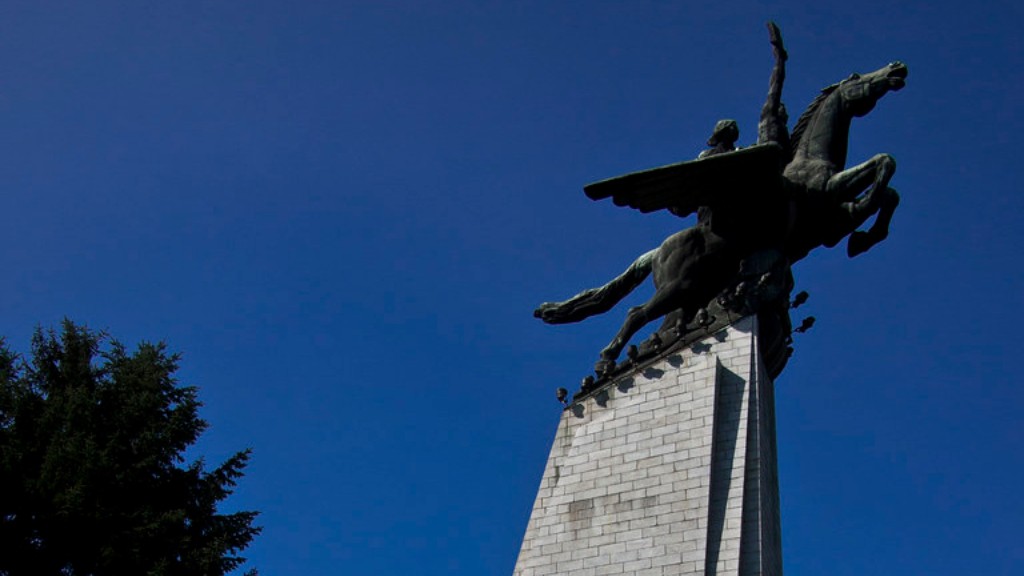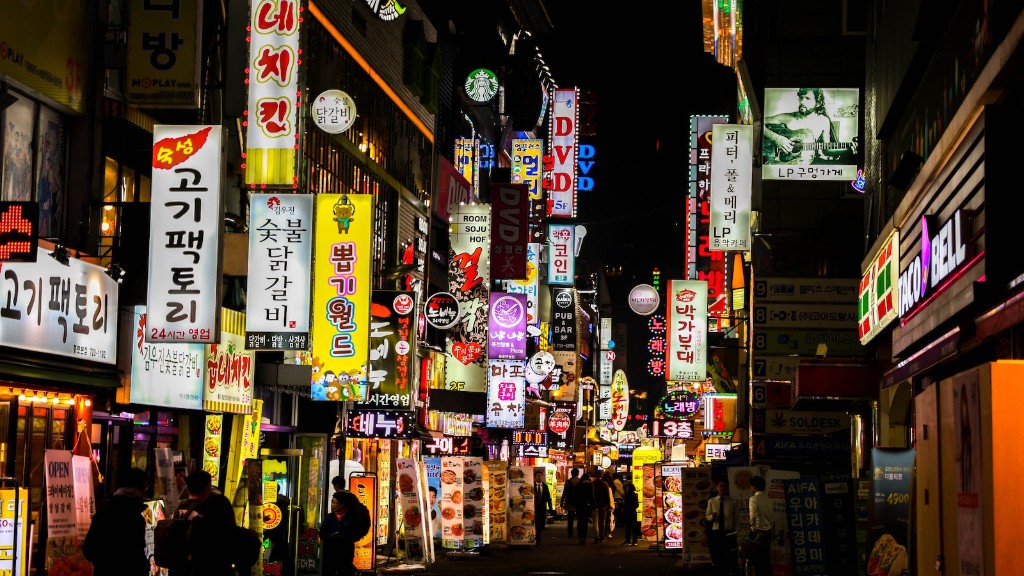Officially, North Korea is a socialist republic – a political system governed by a single-party state. This has been in place since the Korean War ended in 1953, when the Korean Peninsula was divided into two. Since then, the northern part of the peninsula has been ruled by the Communist Worker’s Party of Korea, the only legal party in the country which has held power since 1945. The party is in control of all aspects of life in North Korea, including the economy, media, and the military.
North Korea is a totalitarian state, meaning that it has complete centralized control over its citizens. The government regulates almost every aspect of its citizen’s lives and it exercises extensive control over the media and public opinion. The government also maintains a powerful surveillance system and has strict policies that limit the freedom of citizens.
Under the rule of Kim Jong-il, the state maintained its political control with a mixture of fear and repression. Human rights violations were commonplace, and the political opposition was strongly suppressed. Political dissent and freedom of expression were not tolerated and the media remained heavily censored. The education system focused on reinforcing loyalty to the government and indoctrinating children in party ideology.
Since 2011, North Korea’s government has relaxed some of its political policies under the leadership of Kim Jong-un. The country has made some progress in improving human rights and its economy, but there is still a long way to go.
Economy
North Korea’s economy is highly centralized, with the state controlling all aspects of production and distribution. The country is heavily reliant on foreign aid and assistance to sustain its economy, mainly from China and Russia. It is largely a state-controlled economy with a focus on heavy industry, particularly steel production.
The government tightly manages the economy, rationing basic necessities such as food, fuel and clothing. Prices are heavily regulated, and citizens are encouraged to invest in the state. However, the majority of the population lives in poverty and is dependent on subsistence farming.
North Korea’s economy has faced numerous challenges over the years, including the collapse of the Soviet Union, economic mismanagement, and three separate bouts of famine. In addition, the country faces international sanctions due to its nuclear weapons program, which has had a major impact on trade and investment.
Politics
North Korea’s politics are heavily influenced by its founding principles, which call for a centralized state, the single-party system, and the cult of the leader. The country has a complex bureaucracy, which is responsible for the day-to-day running of the state and for providing services such as health care and education.
The North Korean government is a dictatorship, with the supreme leader – currently Kim Jong-un – having all final decision-making powers. Power is concentrated in the hands of the ruling party, with all elections being held under its control and without any substance of democracy.
The country is relatively closed to the outside world and maintains strict restrictions on the media and Internet access. Foreign media is tightly censored, and the majority of citizens have no access to the Internet.
Foreign Relations
North Korea’s foreign relations are largely dominated by China and Russia. The two countries are the North’s closest allies and main sources of foreign aid, trade, and investment. North Korea also holds close ties with other countries in the region, such as South Korea and Japan, but with whom it remains in a state of uneasy truce.
The country’s relations with the United States remain strained, and the two countries have an uneasy history. In recent years, the two countries have taken steps towards détente, but tensions remain. The United States has imposed heavy sanctions on North Korea due to its nuclear weapons program, and the two countries have yet to reach a consensus.
Military
North Korea’s military is the fourth-largest in the world, with an estimated 1.2 million men and women serving. The country is a nuclear power and is developing long-range ballistic missile systems, which has been a source of tension internationally. The military has a long-standing tradition of loyalty to the ruling family and is a key component of the North Korean government.
The military is heavily involved in the country’s economy, with a focus on production and production management. For instance, the military runs a number of factories and is heavily involved in agricultural production. The military also has a predominating role in the country’s infrastructure, providing transportation, telecommunications, and construction services.
Conclusion
North Korea is a highly secretive and authoritarian nation, ruled by the Communist Worker’s Party of Korea. The government is a complex bureaucracy with a strong emphasis on centralized control, the single-party system, and the cult of the leader. The economy is heavily regulated by the state and reliant on foreign aid and assistance. North Korea holds close ties with China and Russia, but has a strained relationship with the United States. The country’s military is the fourth-largest in the world, with a focus on nuclear weapons development and production.

